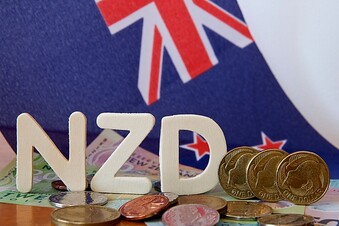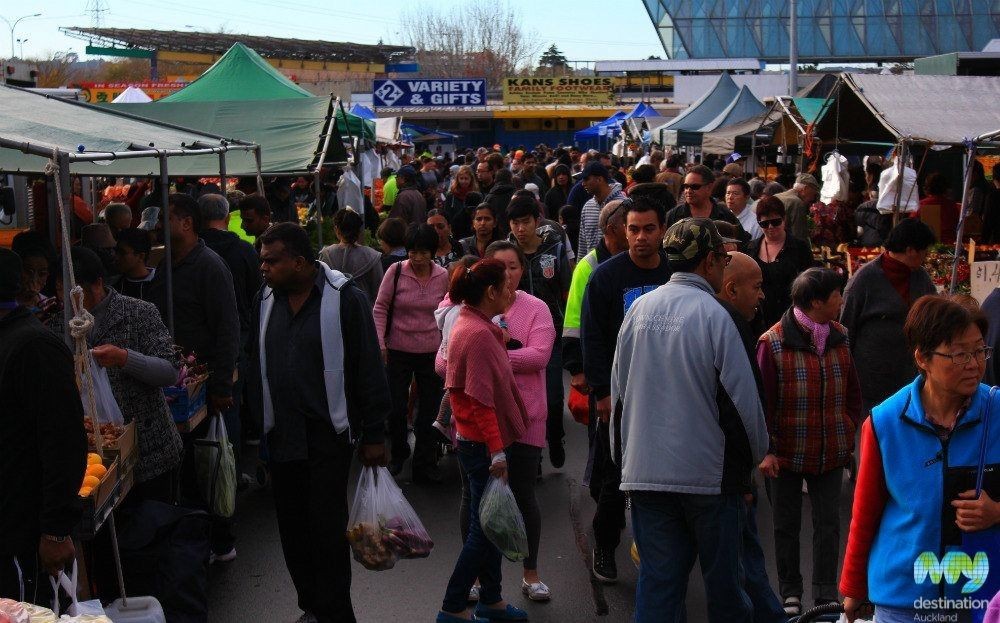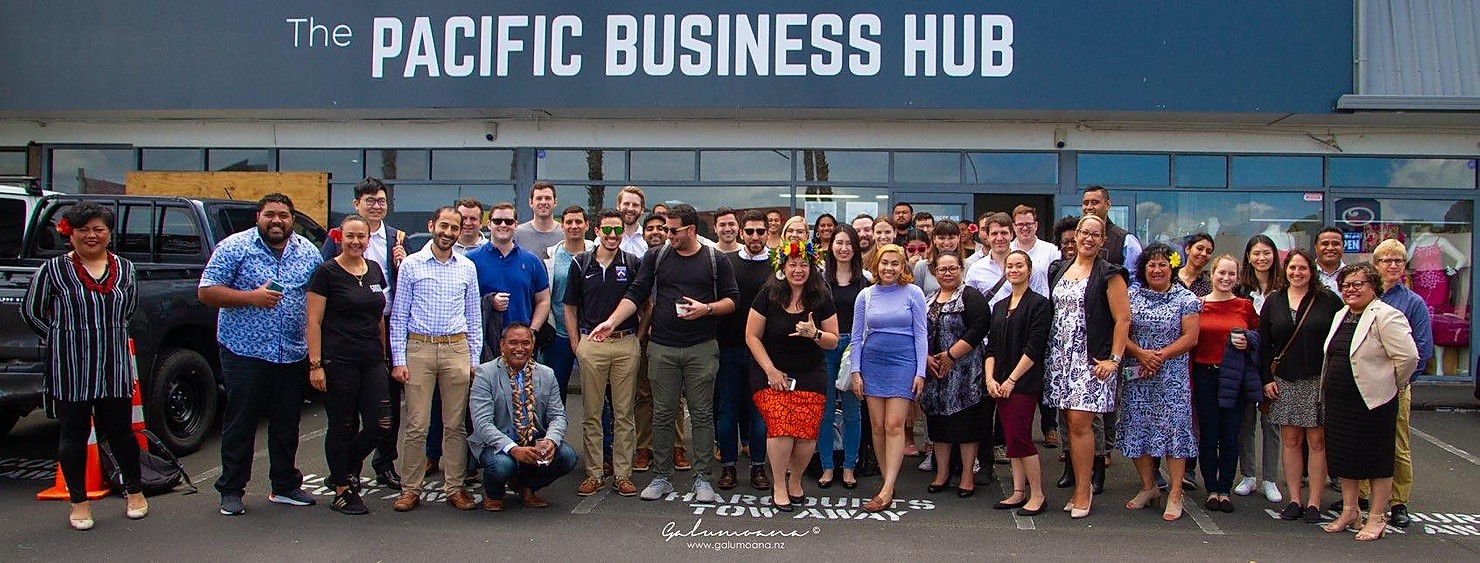|
By Tupe Crawley As New Zealand continues to battle the deadly COVID-19, the Government response has been the saving grace for many of us. According to the New Zealand Herald, the Government’s economic package takes the total amount Government has and is planning to spend, to more than 23 billion. This is to support businesses, essential workers, employees, the health and social services sector, most vulnerable families and groups, caregivers etc during the nation-wide lockdown period. In the grand scheme of things, New Zealanders are fortunate to have had early government intervention and financial support throughout this unprecedented crisis. But, as the lockdown for New Zealand begins to relax to level 2 and hopefully soon after to level 1, many of us will be wondering what the rest of 2020 will look like. How will we guarantee we are COVID-19 free? What are the implications of that on the way we conduct business, schools, public areas? How will our economy cope with the setbacks? How have Pacific and Maori businesses coped and what is the future for us? THE LOOM OF A GLOBAL RECESSION & OUR MOST VULNERABLE INDUSTRIES  The International Monetary Fund’s World Economic Outlook highlights that the global economy is expected to shrink by 3% this year. The impact of the pandemic has and is expected to cause economic disruption at a scale not experienced since the Great Depression in the 1930s. Economists are somewhat optimistic that New Zealand will bounce back. However, with a staggering level of debt to assist the economy during the lockdown period, significant changes to economic policies and government spending in the next year is to be expected. The New Zealand economy is expected to shrink by 0.4%. As of now, our recovery depends largely on our ability to contain and eliminate the virus. According to an analysis by Auckland University’s Mike Lee, businesses who are expected to thrive are those who are location independent and provide an asynchronous service; Correspondence School, VR Tourism, Entertainment, Streaming Services, Online Retail. Those who are expected to take a dive, are Live Events, Sports, Film and Television and Tourism and Hospitality (Accommodation and Food), Services, Retail, Education, Airline. Businesses have had to close their doors, and job losses are only just beginning. The Spinoff reports that economists have predicted a New Zealand unemployment rate of between 10% and 30% as a result of this lockdown. MAORI & PACIFIC BUSINESS AND EMPLOYMENT As for the Maori and Pacific economies in New Zealand, key Maori industries that include tourism, seafood, forestry and international share market are being heavily impacted. The Spinoff highlights that during the last recession Pakeha employment rate rose from 2% to 5% between 2008-2012 while Maori unemployment went from 7.4% to 14.6%. Maori unemployment rates, already at crises levels prior to the lockdown will increase at a more severe rate this time around, with an estimated spike to 25%. As reported by RNZ, the Maori Council estimates that the Maori economy has been hit by between $100-$200 million. Others say those figures are conservative. The domino effect of these losses will have implications on the livelihoods of our Maori communities. Pacific businesses and peoples are also expected to be significantly impacted. Based on the New Zealand Treasury’s most recent report on the Pacific Economy, there are around 5,600 pacific businesses in New Zealand. As the majority of Pacific businesses operate at a small scale, with a small or narrow customer base, they do not have the capacity and financial assets or security to secure financial assistance to withstand a recession. Businesses with low assets are operating in the tourism and accommodation, health, construction and manufacturing industries. In addition, the Report on the Pacific Economy highlights that Pacific People are often employed in low-skilled and low-paid occupations and are therefore most at risk of job cuts over the next few months.  As our essential workers emerge as the true heroes of this pandemic, we are reminded that our essential industries will be our most significant in the recovery period. Statistics show that around 20% of Pacific people who are employed are employed in essential services. But let’s be optimistic, not all hope is lost. There has been an evident rise in new and diversified business activities and business models. Furthermore, the revival of older business models. These include delivery services and transportation, entertainment and online digital media, virtual education and online fitness classes/programs, online cooking and culinary blogging etc.  Falute Vaauli Lene, of Pacific40, shared that COVID-19 launched their business – their business model and online platform enables New Zealanders (and overseas customers) to purchase Talofa shopping vouchers for their families in Samoa. Families in Samoa receive notification that they have received a voucher from families in New Zealand (or overseas), which they can use to purchase goods. With the country on lockdown, families in New Zealand saw another option of providing for their families without having to leave their homes. Retail businesses who mostly relied on physical sales in-store are now utilising their online platforms to sell their products. Despite the circumstances, Pacific businesses remain positive and hopeful that the economy will recover. Pacific businesses are now looking to tap into their mainstream industries to attract a bigger customer base. BE KIND TO ONE ANOTHER Based on the latest update from our Government, things are looking brighter for New Zealand. However, the risk of Covid19 spreading (again) is undeniably shaping the way we conduct business. While a recession to the local and global economy is expected, only time will tell. For now, our local businesses and domestic industries are doing their best to keep their heads above the water. As consumers, we should be all in to support them the best way we can. **We commend the efforts and hard work of all our essential workers who are at the frontline of this crisis. More importantly, we acknowledge and offer our condolences to our fellow Kiwis who have been affected by this pandemic. ORIGINAL SOURCE: Bluwave
Link to original article: LINK
0 Comments
|
AuthorThe Pacific Business Hub Archives
June 2023
Categories |



 RSS Feed
RSS Feed
